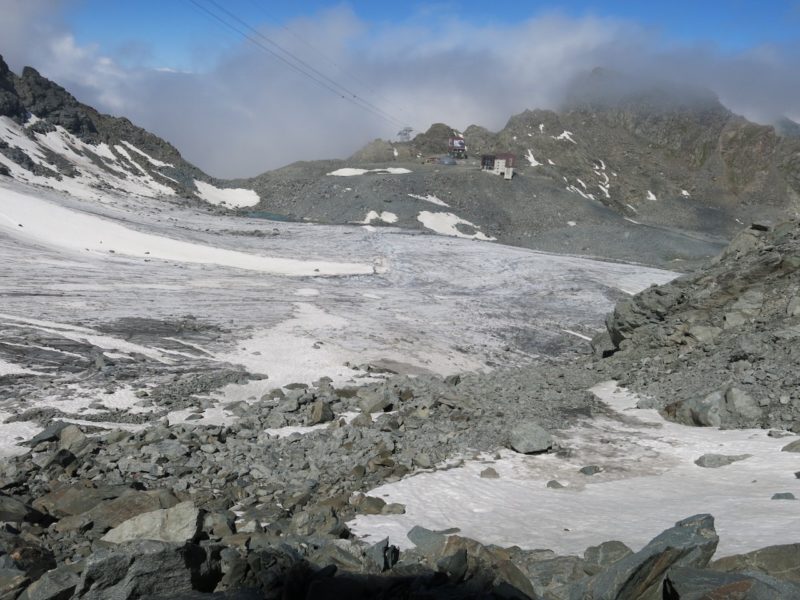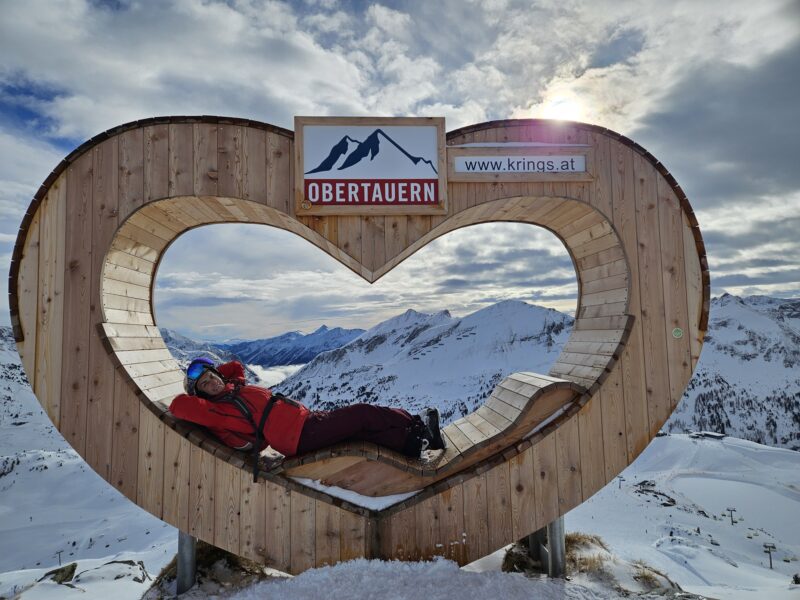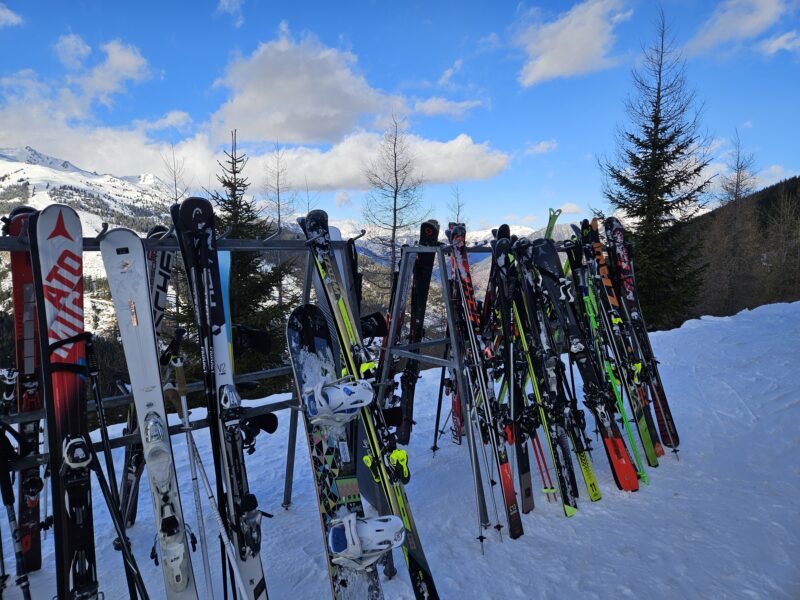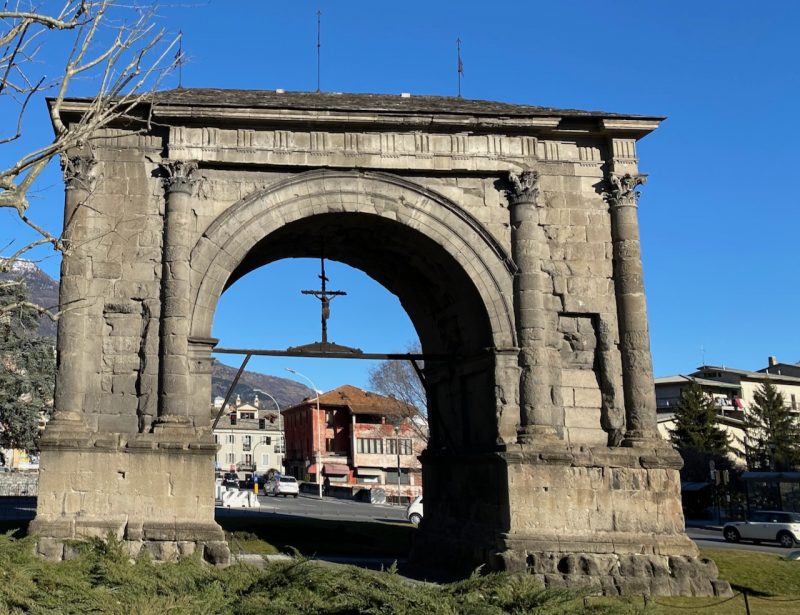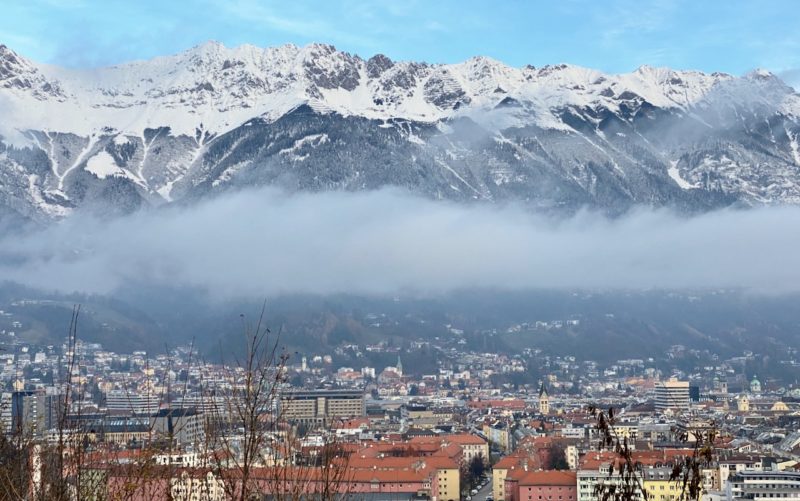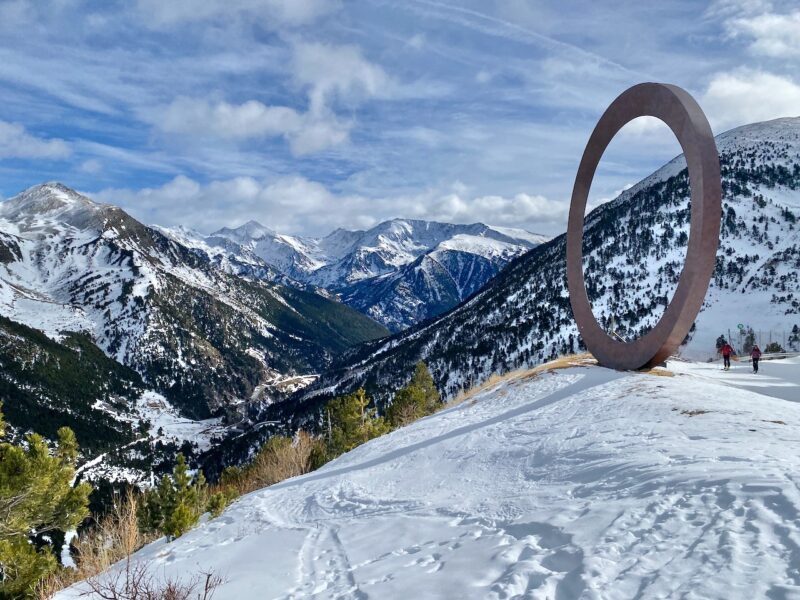North America Heatwave Devastates Glaciers
22nd July 2021
Last modified on July 26th, 2021
Scientists say the glaciers are melting at ‘worrying rates’. The temperature at 3,000m is 6 degrees above average with large amounts of ice melting. Glaciers are melting at alarming rates across the world. UPDATED
The heat wave has been caused by a heat dome of high pressure and it’s being made worse by the effects of climate change.
Record-breaking high temperatures of up to 50C have been recorded at lower altitudes across the west coast area.
In Canada most of the glaciers in Alberta and British Columbia are projected to disappear by the end of the century and some fear it could be sooner.
Scientists at the University of Alberta estimated the ice melt last month in places was three times the average over the past dozen years.
The night-time temperatures on some glaciers have been as high as 7.5C.
The situation has been made worse by hundreds of forest fires.
Soot has increased the melting and the smoke traps heat to accelerate the thawing of glaciers.

Melting glaciers in Alberta, Canada. Image © PlanetSKI
In the USA Mount Rainier in Washington state has lost 30% of its snowpack from the heatwave.
The western slope of Mount Rainier lost more than three feet of snow in just five days.
Scientists at Washington State University say the glaciers in the state have gone through the most severe and rapid melting of the last 100 years.
Scientists also warn that the absence of snow will cause a lengthening and intensification of the fire season.
“It is a big deal, I mean we’ve been losing glaciers a lot lately due to climate change… but to have them go this rapidly is really quite scary,” said Scott Pattee who works for the Washington Snow Survey and Water Supply Forecasting to the BBC.
The situation in North America reflects what is happening elsewhere in the world.
A French-led team recently assessed the behaviour of nearly all documented ice streams on the planet and concluded that the world’s glaciers are melting at an accelerating rate.
The glaciers have lost almost 270 billion tonnes of ice a year osince the year 2000.
The meltwater produced now accounts for about a fifth of global sea-level rise, the scientists tell Nature journal.
The scientists used images taken by Nasa’s Terra satellite, which was launched in 1999, as its primary source of data.
“This new study is a major advance as we get a high spatial resolution and, at the same time, it also provides the temporal change over the two decades directly based on satellite data, which is novel,” said Matthias Huss from the Swiss Federal Institute of Technology.
“This data-set has been validated with an immense amount of additional, independent measurements and is highly accurate so that the uncertainties of previous studies are strongly reduced.”
In Switzerland there are a growing number of glacial lakes, formed as the ice melts.
There are more than 1,000 new lakes with 180 forming in the last decade.
“On the one hand, we were surprised by the sheer numbers and on the other by the marked acceleration in formation,” says Daniel Odermatt from the Swiss Federal Institute of Aquatic Science and Technology.
Glaciers in the Swiss Alps are in steady decline and have lost 2% of their volume in the past 12-months.
The new glacial lakes could increase the chance of flooding and threaten a sudden bursting of their banks.
Summer glacier skiing is under threat with an impact on winter too.

Summer skiing in Les2Alpes, France. Image © PlanetSKI.

Alpine glaciers. Image © PlanetSKI.
Related Stories
Italian glacier covered to prevent it melting
Top 5 resorts for summer skiing
Norway’s melting glaciers reveal Viking and Iron Age finds
Ski lift company commits to preserve Mt Blanc glacier

Melting glaciers in Alberta, Canada. Image © PlanetSKI

